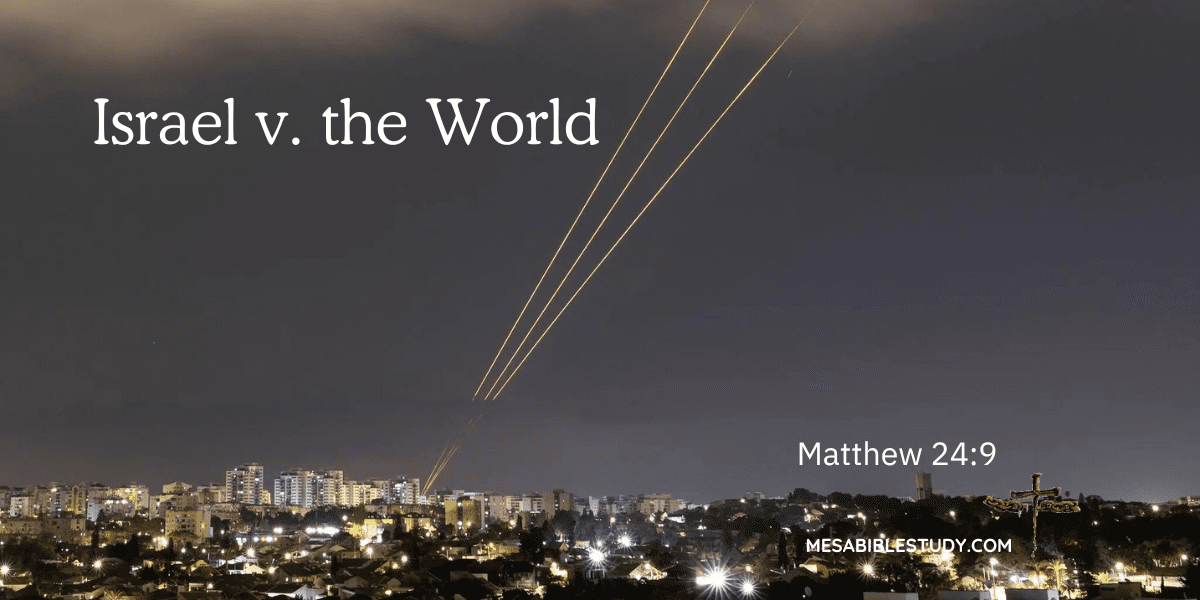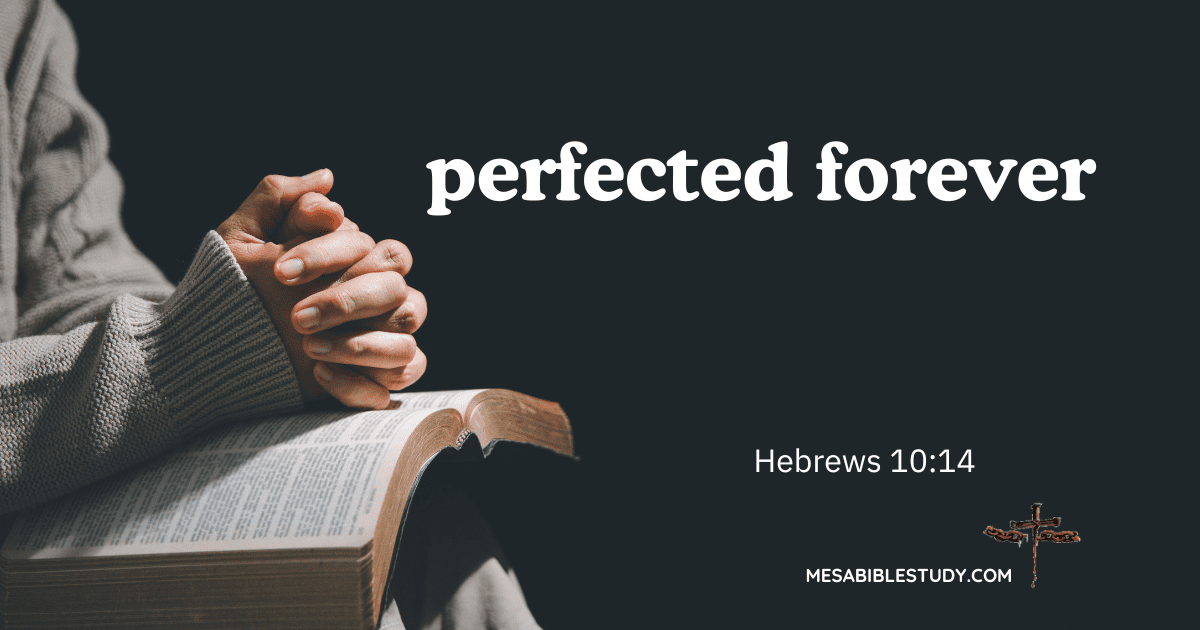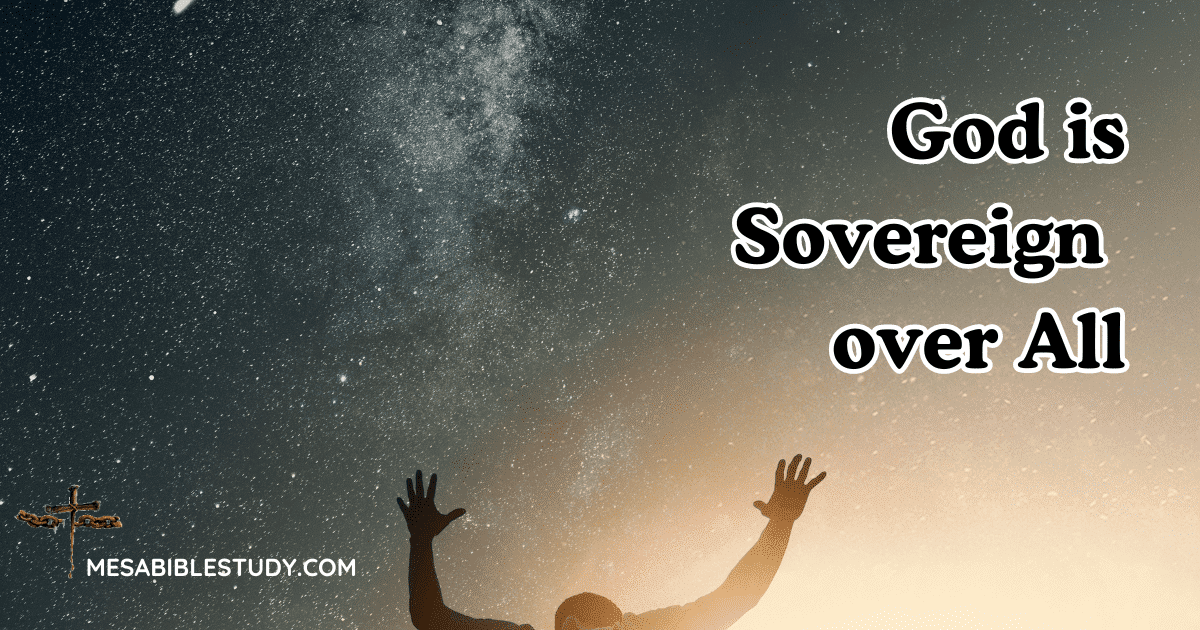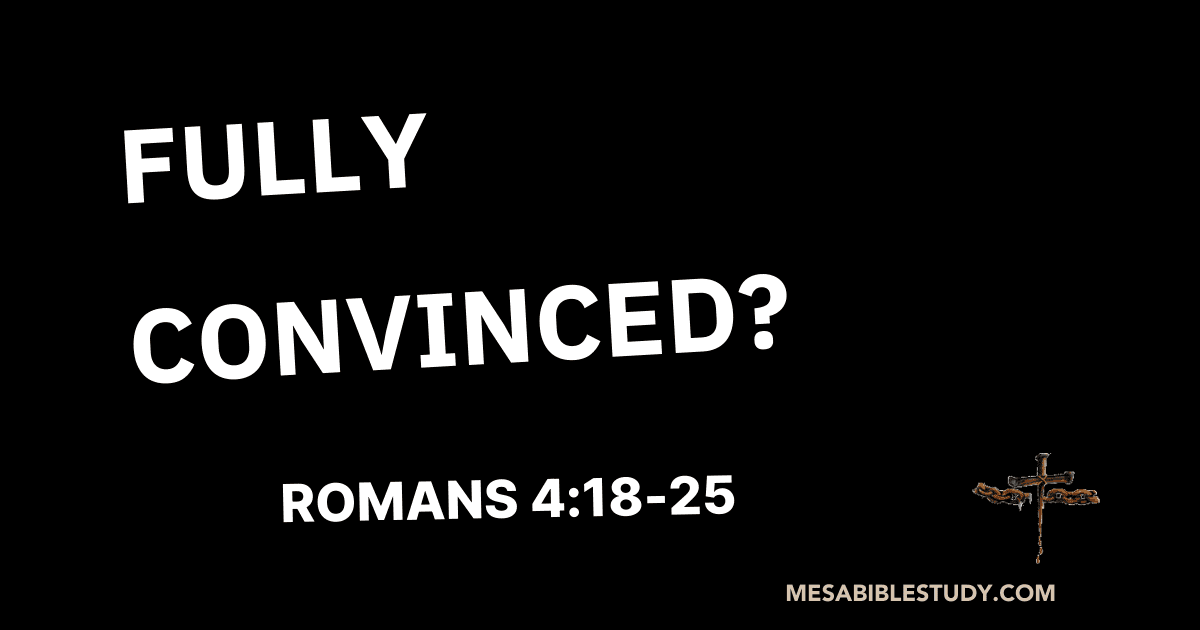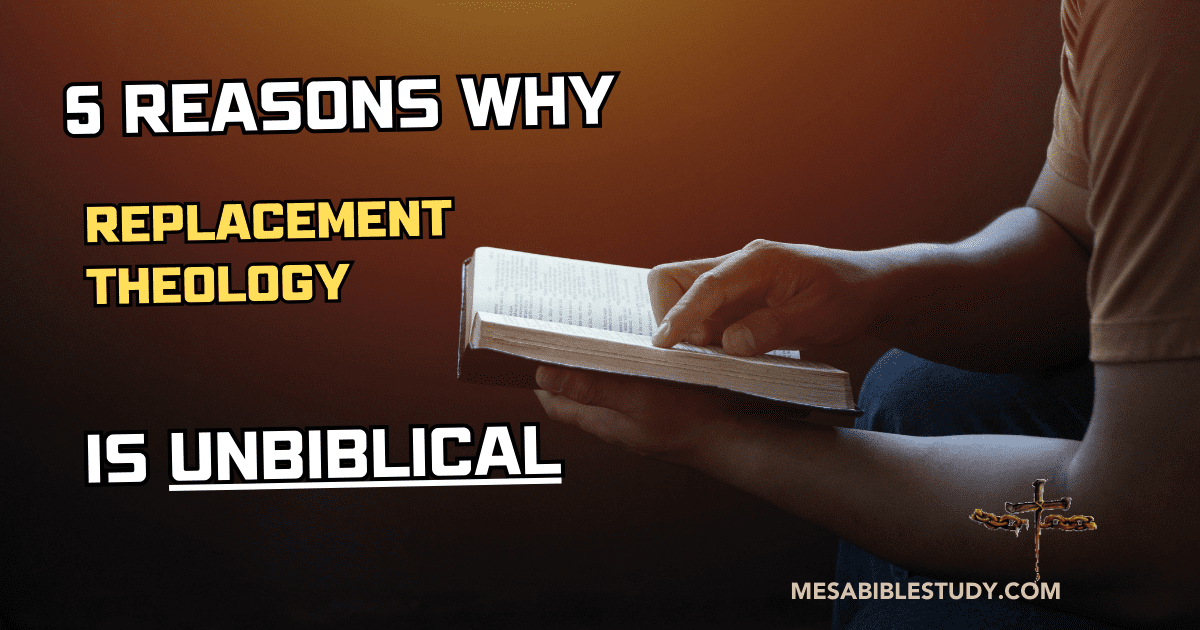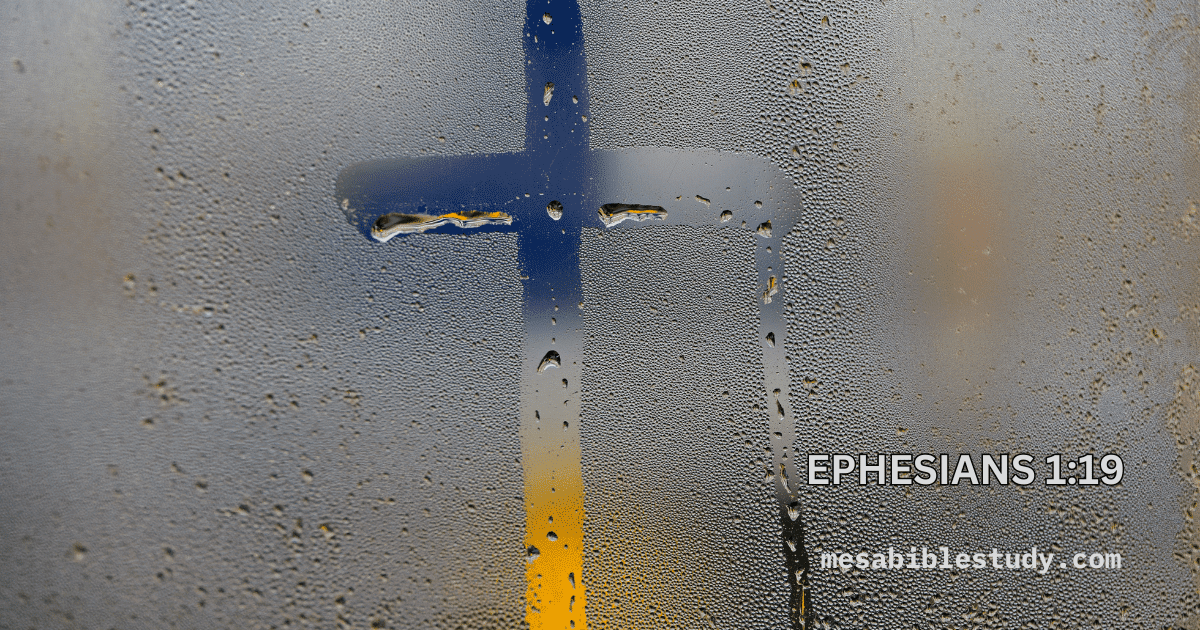1 Corinthians 15:1-4 declares the gospel by which we are saved: “Moreover, brethren, I declare to you the gospel which I preached to you, which also you received and in which you stand, by which also you are saved, if you hold fast that word which I preached to…
Daily Encouragement
The World Will Turn Against Israel: A Biblical Prophecy
The Bible contains numerous prophecies about the end times, and one of the most striking is that the entire world will turn against Israel. This is not just a theoretical possibility; it is a certainty as we see this very thing unfolding right before our eyes. The…
The Perfect Sacrifice Once for All “Christ Alone”
Key Verse: Hebrews 10:14: “For by one offering He has perfected forever those who are being sanctified.” In Hebrews 10:11-13, we see the futility of the old sacrificial system; the law was perfect but could only condemn and it was impossible…
3 Principles for a Fulfilling Christian Life
Take a look at three powerful principles that can transform our daily lives. As you read, I encourage you to get your Bibles and study the passages in-depth. Allow these scriptures to speak to your heart and strengthen your walk with Christ. Let Go of…
The Sovereignty of God: Our God is in Control
As believers, it is vital to remember and reflect on the sovereignty of God. This understanding not only uplifts our spirits but also strengthens our faith, knowing that the God we worship is supreme over all things. The Bible clearly declares God’s sovereignty,…
Which are You Feeding the Most? How to win the Daily Battle
Key Verses: Romans 7:15: “For I do not understand my own actions. For I do not do what I want, but I do the very thing I hate.” Galatians 5:17: “For the desires of the flesh are against the Spirit, and the desires of the Spirit are against…
Fully Convinced: Faith Alone in Christ Alone Romans 4:18-25
Are you fully convinced? Romans 4:18-25 teaches us that we are saved by faith alone, apart from doing anything. Abraham, despite his old age and Sarah’s barrenness, believed God’s promise that he would be the father of many nations. Fully convinced…
5 Reasons Why Replacement Theology is Unbiblical
Replacement theology, or supersessionism, posits that the Church has replaced Israel in God’s plan, inheriting the promises made to Israel. However, this perspective is fundamentally unbiblical for several reasons: PLEASE READ BEFORE YOU CONTINUE READING. Here…
Trusting in God’s Provision – Don’t Worry
In Matthew 6:25-34, Jesus provides a powerful message about the importance of trusting God and not worrying about our daily needs. He says: “Therefore I say to you, do not worry about your life, what you will eat or what you will drink; nor about your body,…
The Mighty Power of the Gospel – Ephesians 1:19
and what is the exceeding greatness of His power toward us who believe, according to the working of His mighty power Ephesians 1:19 The power of the gospel is heart transformative and unparalleled. Ephesians 1:19 speaks of “the exceeding greatness of His…

